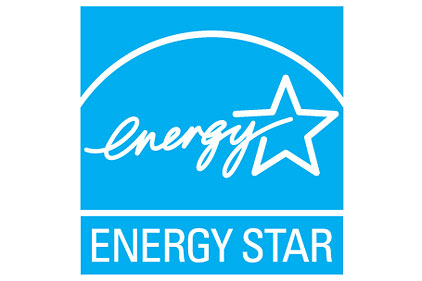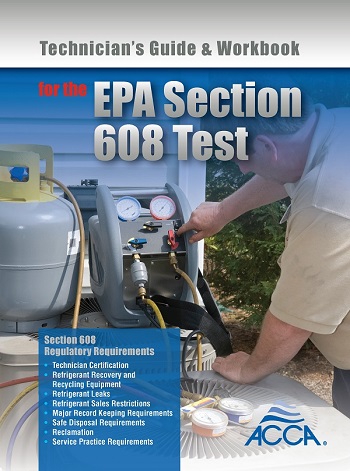 The U.S. Environmental Protection Agency (EPA) has revised its Energy Star requirements for residential refrigerators and freezers. The updated requirements raise the bar for energy efficiency in these products and, for the first time, encourage manufacturers of Energy Star appliances to include optional connected features. These features would offer consumers more ways to reduce the energy consumption of their refrigerators and freezers, help lower their utility bills, and better protect the environment and the climate.
The U.S. Environmental Protection Agency (EPA) has revised its Energy Star requirements for residential refrigerators and freezers. The updated requirements raise the bar for energy efficiency in these products and, for the first time, encourage manufacturers of Energy Star appliances to include optional connected features. These features would offer consumers more ways to reduce the energy consumption of their refrigerators and freezers, help lower their utility bills, and better protect the environment and the climate.Under the new standards, Energy Star-certified refrigerators and freezers will use at least 10 percent less energy than models meeting 2014 federal minimum-efficiency standards.
According to a statement from the EPA, “If all refrigerators and freezers sold in the United States were to meet the updated requirements, energy cost savings would grow to more than $890 million each year and reduce annual greenhouse gas emissions by the equivalent of those from more than 1 million vehicles. Additionally, by recycling an old refrigerator and replacing it with a new Energy Star-certified refrigerator, consumers can save from $150 to $1,100 on energy costs over the product’s lifetime.”
“We can all do our part in meeting the challenge of climate change,” said Janet McCabe, principal deputy assistant administrator for EPA’s Office of Air and Radiation. “By choosing Energy Star appliances, families can save energy, save money, and reduce carbon pollution.”
According to the EPA, certain Energy Star refrigerators and freezers with connected features will provide consumers new convenience and energy-saving opportunities. These products will allow consumers to view real-time energy use, receive energy-related messages, such as an alert when the door has been left open, and manage appliance settings remotely. Refrigerators and freezers with connected functionality will also be smart grid-ready, meaning that with consumer permission, they will be able to respond to utility signals, including curtailing operations during more expensive peak demand times.
To earn the Energy Star label, product performance must be certified by an EPA-recognized third party based on testing in an EPA-recognized laboratory. The updated Energy Star refrigerator and freezer specification will go into effect on Sept. 15, 2014.
Publication date: 8/19/2013








